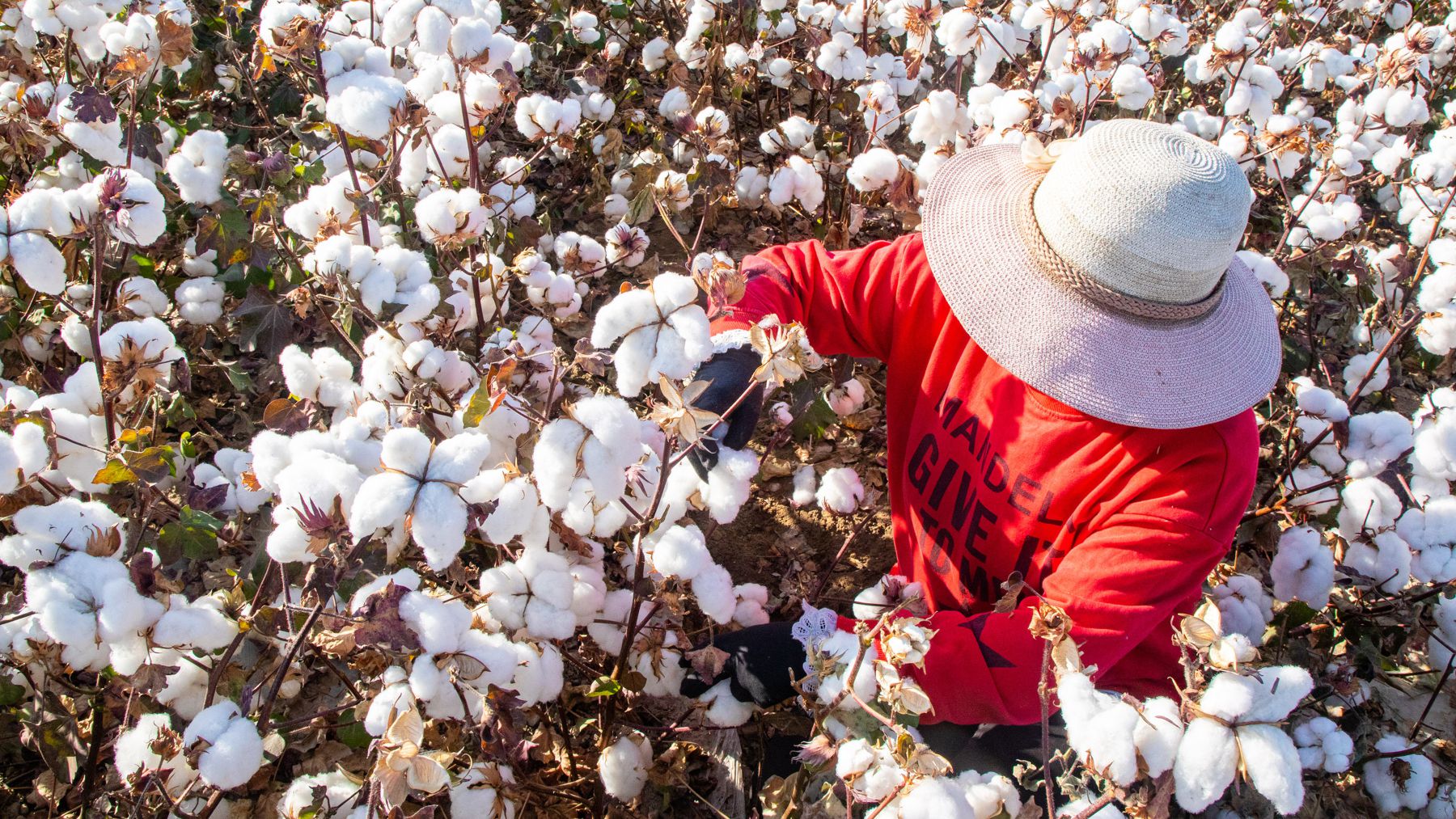
China is set to ratify two international treaties on forced labour amid criticism over its treatment of the Uyghur ethnic minority, which has hindered trade ties with the US and Europe.
The nation’s top legislature is expected to ratify the Forced Labour Convention and Abolition of Forced Labour Convention on Wednesday, according to the official Xinhua News Agency. The conventions were respectively adopted in 1930 and 1957 by members of the International Labor Organisation.
“The elimination of forced labour is a fundamental principle and right at work,” the ILO said in a statement sent to Bloomberg. “As such, ratification of these fundamental Conventions by China would be highly significant.”
President Joe Biden last year signed the Uyghur Forced Labor Prevention Act, which bans imports of goods from Xinjiang starting in June unless companies can prove they weren’t made with forced labour. Beijing’s long-anticipated trade deal with the European Union was also paused last year after clashes over sanctions imposed due to alleged abuses in the region.
While President Xi Jinping’s government has categorically denied forced-labour allegations in Xinjiang, it had pledged to improve labour standards and ratify ILO conventions as part of those negotiations. Still, China’s latest move is unlikely to improve trade ties with the US and Europe after Xi provided diplomatic support to Russia in the wake of Vladimir Putin’s war in Ukraine.
The EU’s foreign policy chief, Josep Borrell, said earlier this month that “compartmentalisation” of trade and the war was “not feasible.” China’s belated move to ratify the treaties was unlikely to sway the EU without “a real policy change by China in Xinjiang,” Joerg Wuttke, president of the European Union Chamber of Commerce, said last week.
‘Window Dressing’
German scholar Adrian Zenz said China’s gesture was similarly not going to satisfy its critics Washington, which has also called on Beijing to take a more active role in urging peace in Ukraine.
“In DC, I think the trust in what China does is so low, especially in Xinjiang, that people are going to see this as little more than a cynical gesture,” he said. “People there are going to consider it to be window dressing — a ratification of something the Chinese won’t enforce.”
An ILO report by a committee of experts published in February expressed “deep concern” over allegations of discrimination based on race, religion and national extraction affecting ethnic and religious minorities in the Xinjiang region of China. It called on China to review its policies to ensure equality of opportunity and end links between vocational training and political reeducation.
China’s move could open the door to receiving technical assistance to address forced labour concerns and upgrade supply chains to ensure continued access to key export markets, said James Cockayne, professor of global politics and anti-slavery at the University of Nottingham’s Rights Lab.
“Though just a first step, ratification of the ILO’s forced labour conventions would send an important signal that China aims to be a responsible stakeholder in the international economic system,” he said.
Learn more:
Report: Supply Chain Intermediaries Are ‘Laundering’ Banned Cotton from Xinjiang
Despite legal manoeuvres designed to block cotton sourced from the Chinese region from entering the fashion supply chain, and specifically the US market, problems with transparency mean some companies could still be unwittingly using it.



